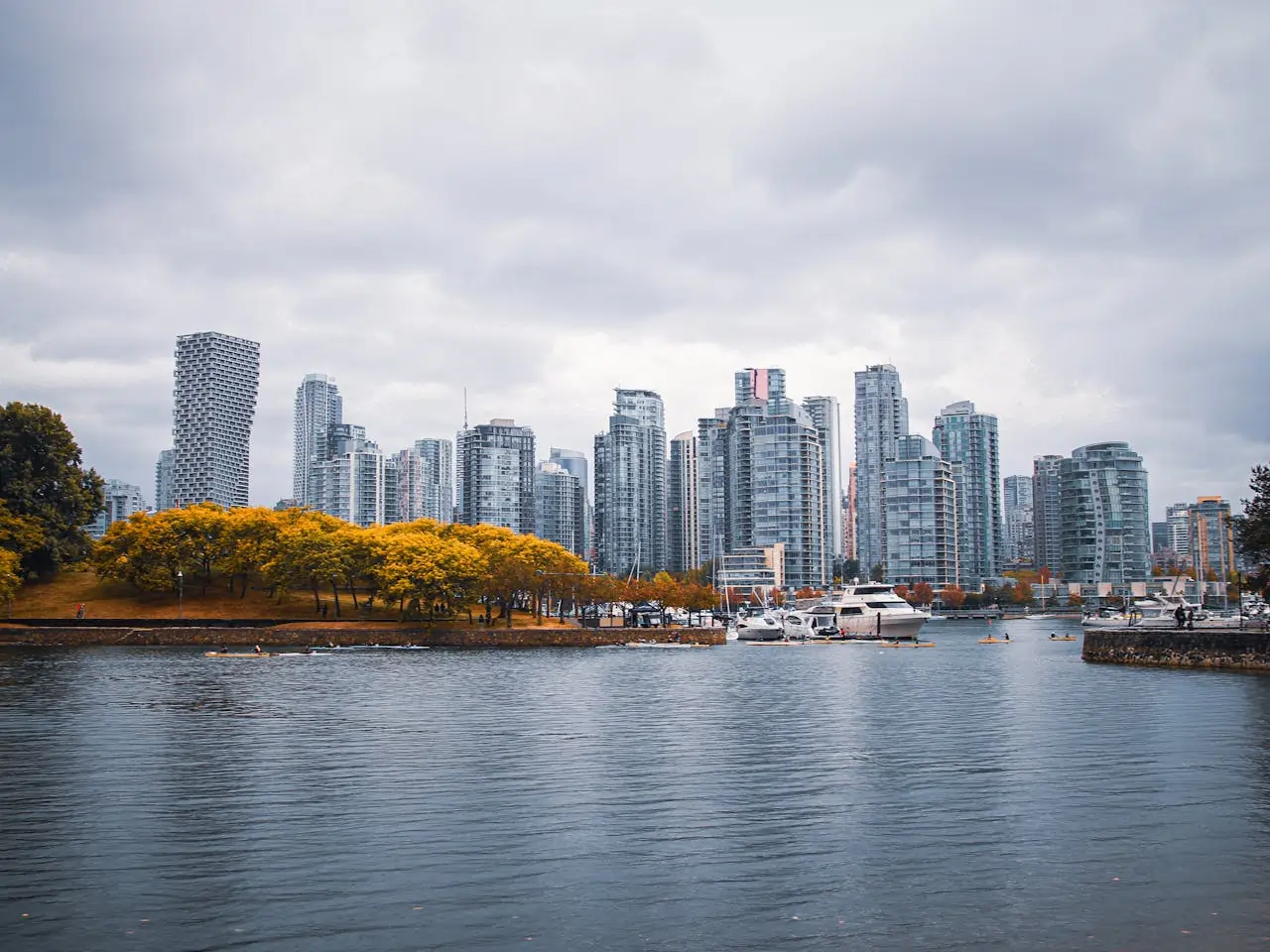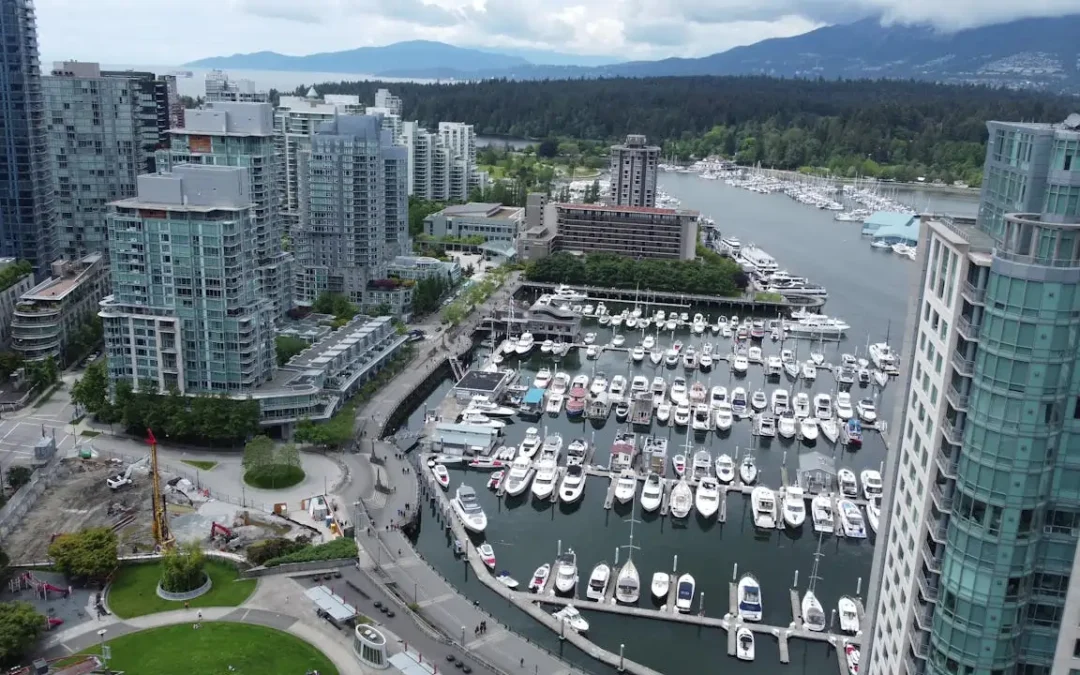In the unpredictable streets of Vancouver, where the clash of urban development meets the serenity of natural landscapes, property owners face a pivotal decision: the choice between the fleeting allure of short-term rentals (STRs) and the enduring promise of long-term rentals (LTRs). This blog delves into this choice, exploring why, amidst fluctuating markets and stringent regulations, many are finding solace in the stability of long-term commitments.
The Tale of Two Rentals
Once upon a time in Vancouver, STRs seemed like a golden opportunity for property owners. They offered lucrative nightly rates and the flexibility to use properties at their convenience. However, as the narrative unfolded, the reality of managing STRs—amidst the backdrop of regulatory crackdowns and community backlash—became increasingly complex.
Enter the protagonist of our story: long-term rentals. In contrast to their short-term counterparts, LTRs in Vancouver have begun to represent a beacon of stability and predictability. Let’s explore why.
The Stability of Long-Term Rentals
Financial Predictability: Unlike the seasonal whims of tourist-driven STR income, long-term rentals provide a steady monthly revenue stream. This predictability makes financial planning less of a guessing game and more of a strategy.
Regulatory Support: Vancouver’s housing authorities have tightened the reins on STRs, imposing restrictions that complicate their operation. Long-term rentals, conversely, enjoy a relatively stable regulatory environment, making them less susceptible to sudden policy shifts.
Reduced Turnover Costs: Every farewell in an STR could mean a costly hello to property maintenance and guest vetting. LTRs significantly cut down these frequent turnovers, reducing both the wear on the property and the operational overhead.
The Flexibility Paradox
While STRs might initially seem to offer more flexibility, this is often a double-edged sword. The flexibility to book your property intermittently comes at the cost of unpredictability and intense management efforts. Long-term rentals might lock in a tenant for a year or more, but they also lock in peace of mind and reduce the day-to-day demands of property management.
A Personal Tale
Imagine a landlord, let’s call him John, who once thrived on the hustle of managing multiple STRs. The thrill of peak season earnings was often overshadowed by the off-season lulls and regulatory hoops. Transitioning to long-term rentals, John discovered not just stability in his rental income but also more time to engage with his community and pursue other interests, thanks to reduced management duties.
Key Takeaways
- Financial Stability Over Flexibility: The allure of high short-term profits is often mitigated by greater financial and operational stability in long-term rentals.
- Regulatory Ease: Long-term rentals face fewer abrupt regulatory changes, providing a smoother operational landscape.
- Reduced Management Overhead: The switch to long-term rentals can significantly cut down the time and money spent on property management.
How Can Chris Clarke Help?
If John’s story resonates with you, and you’re considering transitioning from STR to LTR, Chris Clarke Rental Property Manager can guide you through this transition. With expertise in both rental markets, Chris can help you navigate the regulatory environment, find reliable tenants, and optimize your property for long-term success.
As the sun sets over the Pacific, casting a warm glow over Vancouver, the choice between stability and flexibility in rentals continues to shape the city’s property landscape. For many, the shift towards long-term rentals isn’t just a financial decision—it’s a step towards a more sustainable and fulfilling way of life.






